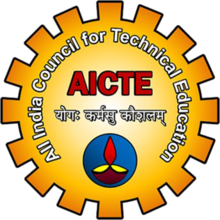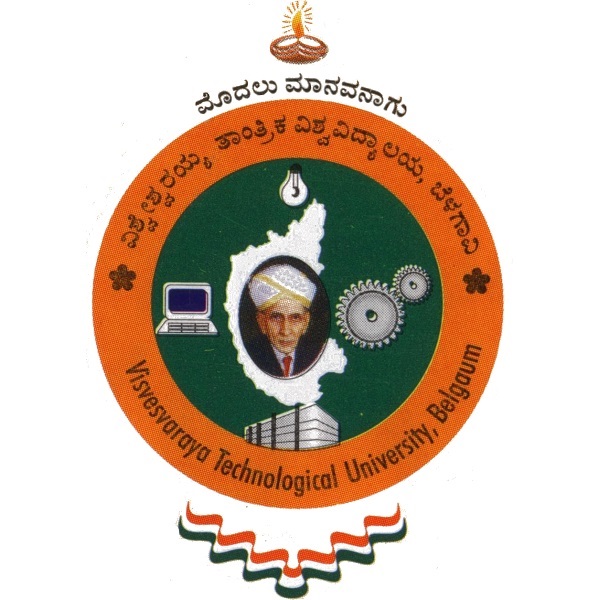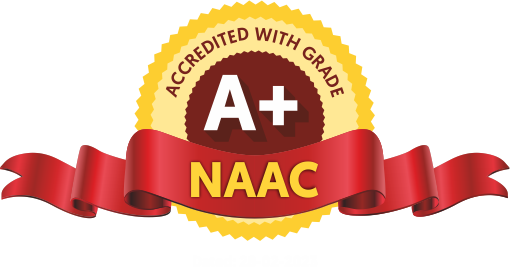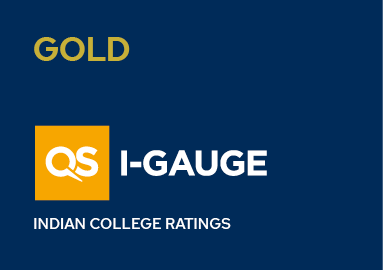| PEO1 |
Preparation: Graduates will Excel in Industry/technical profession, higher education, research, and exhibit a pursuit of lifelong learning |
| PEO2 |
Core Competency: Graduate will engage in solving real-life engineering problems in the field of electronics and instrumentation engineering and allied engineering industries. |
| PEO3 |
Breadth: Graduate will be able to analyze, design, implement, and maintain state-of-art solutions by adopting current industry accepted practices and cutting edge technologies. |
| PEO4 |
Professionalism: Graduates will be able to exhibit the highest integrity, social responsibility, teamwork skills and leadership capabilities in their professional career. |
| PEO5 |
Life-Long Learning Environment: Graduates will Involve in lifelong learning, career enhancement and adapt to changing professional and societal needs. |
| PO1 |
Engineering knowledge: Apply the knowledge of mathematics, science, engineering fundamentals and an engineering specialization to the solution of complex engineering problems. |
| PO2 |
Problem analysis: identify, formulate, review research literature , and analyse complex engineering problems reaching substantiated conclusions using first principles of mathematics, natural sciences and engineering sciences. |
| PO3 |
Design/development of solutions: Design solutions for complex engineering problems and components or processes that meet the specified needs with appropriate consideration for the public health and safety, and the cultural societal and environment consideration. |
| PO4 |
Conduct investigations of complex problems: use research-based knowledge and research methods including design of experiments, analysis and interpretation of data and synthesis of the information to provide valid conclusions. |
| PO5 |
Modern tool usage: create, select and apply appropriate techniques, resources and modern engineering and IT tools including prediction and modelling to complex engineering activities with an understanding of the limitations |
| PO6 |
The engineer and society: apply reasoning informed by the contextual knowledge to access societal, health, safety. Legal and cultural issues and the consequent responsibilities relevant to engineering practice. |
| PO7 |
Environment and sustainability: Understand the impact of the professional engineering solutions in societal and environmental contexts and demonstrate the knowledge and need for sustainable development. |
| PO8 |
Ethics: Apply ethical principles and commit to professional ethics and responsibilities and norms of the engineering practice |
| PO9 |
Individual and teamwork: Function effectively as an individual, and as a member or leader in diverse team and in multidisciplinary settings |
| PO10 |
Communication: communicate effectively on complex engineering activities with the engineering community and with society at large, such as being able to comprehend and write effective reports and design documentation, make effective presentations, and give and receive clear instructions |
| PO11 |
Project management and finance: Demonstrate knowledge and understanding of the engineering and management principles and apply these to one’s own work, as a member and leader in a team, to manage project and in multidisciplinary environments. |
| PO12 |
Life-long learning: Recognize the need for, and have the preparation and ability to engage in independent and life-long learning in the broadest context of technological change. |








